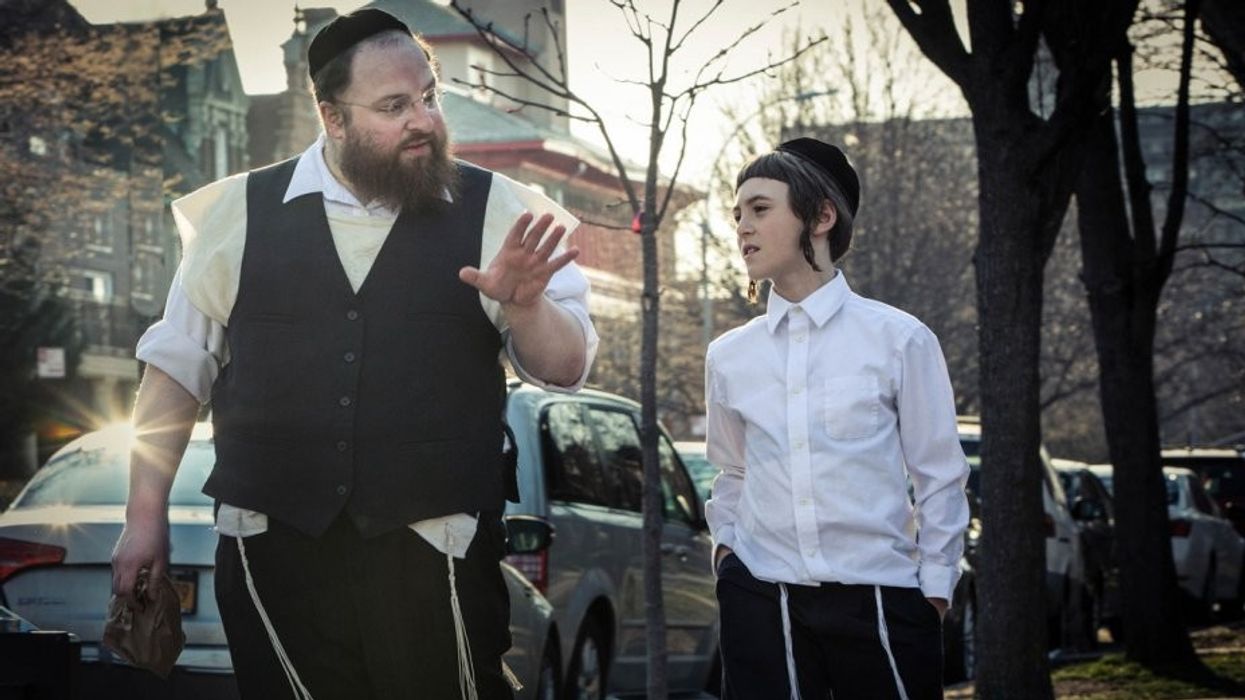How an Unlikely Yiddish Indie Became A24's First Foreign Language Acquisition [PODCAST]
Sundance's surprising hit, Menashe, turned a personal story from an insular community into powerhouse distributor A24's first foreign language acquisition.

Yiddish is a language developed among the Jewish population of Central Europe in the 9th century as a mix of their Biblical Hebrew, and the German and other modern languages of the day. Before World War II, it was spoken by upwards of 13 million people. Today, in the US, it is estimated to only be spoken by less than 200,000.
The scarcity of spoken Yiddish today makes it an especially unusual choice for the script written by American director and native English speaker Joshua Z Weinstein on his new film Menashe. And that wasn’t the only—ahem—unorthodox choice that was made. The movie was filmed with almost all untrained actors from within an insular ultra-orthodox Jewish neighborhood in Brooklyn, and the script was developed alongside its star, a man who had never seen a movie in a theater.
"Sometimes we worked really hard to create chaos, because it’s that messiness that feels real."
Perhaps even more surprising is that the feature not only made it into this year’s Sundance Film Festival, but got renowned Executive Producer Chris Columbus on board just before the event, and afterwards landed a deal with A24, which distributed last year’s biggest indie hit, Moonlight.
I met up with Weinstein, along with the film’s cinematographer and producer Yoni Brook, and lead actor Menashe Lustig, at Sundance just after the film premiered. In this episode, you'll hear our conversation about their unique production, camera techniques, and path to success in making this film about a widowed man who is trying to convince his traditional community that he is capable of caring for his young son even though there is no longer a woman in the house. Brook and Weinstein both have documentary backgrounds, which contributes to the intimate and authentic feeling of this tender story.
Listen to the episode by streaming or downloading from the embedded player above, or find it on iTunes here.
Please subscribe and rate us on iTunes, Soundcloud, or the podcasting app of your choice. You can play all of our No Film School interview episodes right here:
This episode was produced and edited by Jon Fusco.











